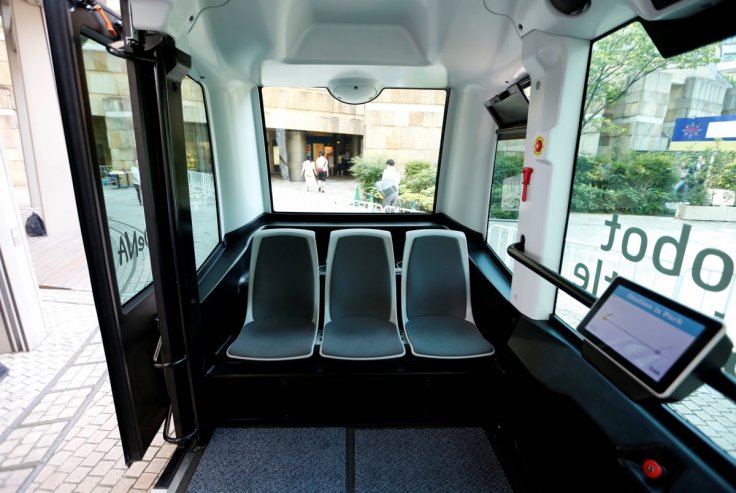
Singapore is well on its way to hop on an autopilot vehicle experience as the Land Transportation Authority recently announced the testing of three autonomous buses which are targeted to ply roads by 2020. But in the event of accidents, once this mode of transportation is in full swing, lines are yet to be drawn as to who should take responsibility for any road mishap--the car manufacturer or the software developer?
Two experts believe that insurance companies might be baffled at the moment. In case of an accident, Professor Subodh Mhaisalkar, executive director at Energy Research Institute of Nanyang Technological University, asked the burning question.
Also read: Singapore to test driver-less buses in three towns from 2022
"Is it the software manufacturer or the car manufacturer at fault in the case of an accident? Those are the issues that are far from resolved," notes Mhaisalkar in an interview with TNP.
It is an open question as well for Niels de Boer, programme director for the Centre of Excellence for Testing and Research of Autonomous Vehicles. Considering that autonomous cars are still in their early development phase, De Boer casts doubts on the willingness of insurance companies to cover self-driving vehicles.
"We might be technically ready but... the insurance companies need to be convinced we are ready," De Boer tells TNP. "Insurance companies are willing to insure vehicles without safety drivers if we can show that the risk and liability are within control and they can come up with the premium for it."
Despite all the uncertainties, he believes insurance companies will eventually protect driverless cars down the road.
At least 10 companies and institutions are currently testing self-driving vehicles in Singapore.
In the US, the highly publicised 2016 autopilot crash case that led to the death of Florida native Joshua Brown, 40, in his Tesla autopilot car was dismissed. The US National Highway Traffic Safety found out that Brown ignored the automatic warnings before the fatal crash happened.









